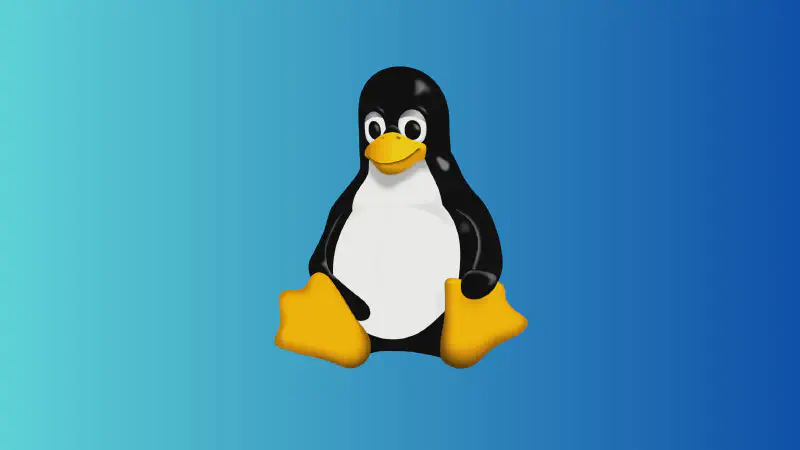# Exploring the Linux Philosophy: Everything is a File!
# Introduction
Have you ever wondered what sets Linux apart from other operating systems? One fundamental concept might surprise you: In Linux, everything is a file! This unique approach is more than a technicality – it’s a philosophy that simplifies interaction with the OS. Let’s dive into what this means for Linux users and developers.
# The General Concept of a File in Linux
Imagine every piece of data, whether it’s a document, a folder, or even a hardware device, being treated as a file. That’s exactly how Linux operates. This might seem unusual, but it streamlines many processes. Here’s how different types of data are viewed in Linux:
- Text Files: These are your typical files containing readable content, such as scripts or documentation.
- Binary Files: These include compiled programs and various forms of media like images and videos.
- Directories: Think of them as folders, organizing other files and directories.
- Device Files: Even hardware components like hard drives and printers are represented as files.
# Special Files and Inter-Process Communication
Linux doesn’t stop at just categorizing data and devices as files. It extends this concept to:
- Device Files: For instance,
/dev/sdarepresents a hard drive. - Sockets, Pipes, and FIFOs: These special files facilitate communication between processes.
- Symbolic Links (Symlinks): Handy shortcuts pointing to other files or directories.
# The Magic of File System Abstraction
The true power of Linux lies in its file system abstraction. This layer provides a unified interface for accessing all these files, regardless of their actual location or type. Whether you’re dealing with data on a disk or a device plugged into your computer, Linux treats it uniformly. This consistency simplifies tasks for users and enhances flexibility for developers.
# Conclusion
The idea that ’everything is a file’ in Linux is not just a technical description; it’s a philosophical approach that offers simplicity and power. By treating diverse resources uniformly, Linux provides an intuitive and versatile environment for managing digital resources. It’s one of the many reasons why Linux has become a go-to OS for enthusiasts and professionals alike.
